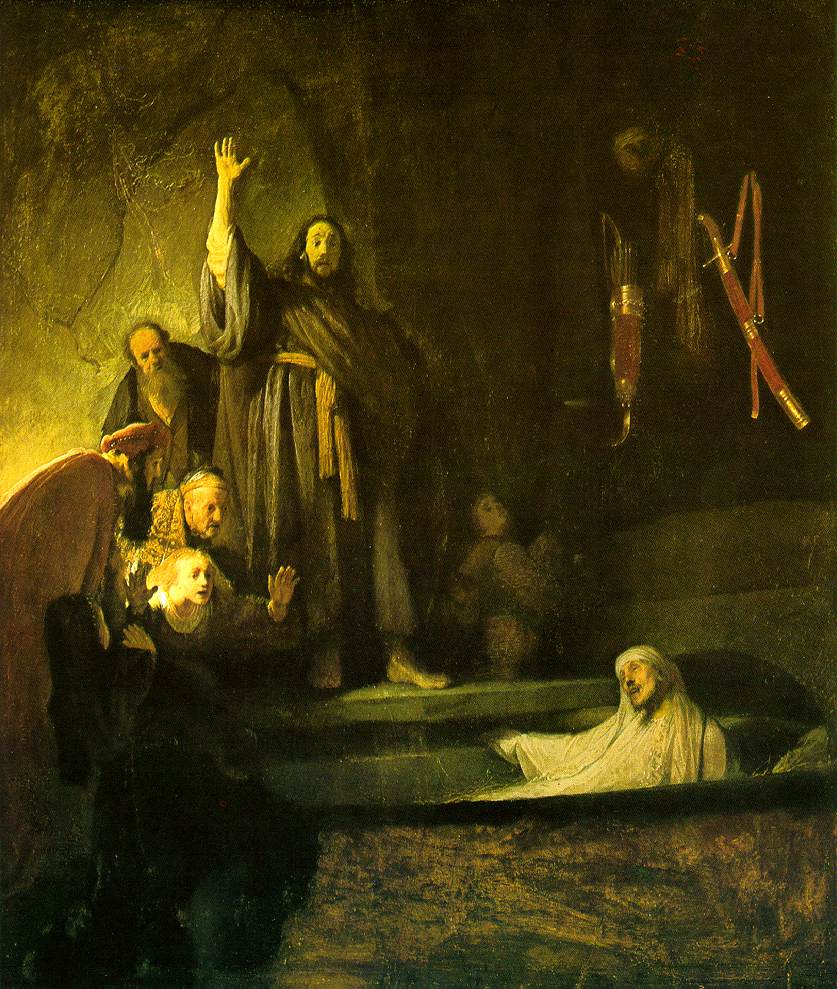The Gospel According to Lazarus

Ben Witherington (Professor of New Testament Interpretation at Asbury Theological Seminary) has posted the text of a fascinating lecture he gave at the Society of Biblical Literature last November entitled "The Historical Figure of the Beloved Disciple in the Fourth Gospel."
In it he proposes the following scenario for the Gospel of John: it was based on the recollections and teaching of the "Beloved Disciple" who was the Lazarus whom Jesus raised in John 11. Lazarus and Mary and Martha (he argues) were the children of Simon the Leper (of Mark 14:3), and Lazarus himself may have also been leprous. The family was wealthy, probably a scion of a priestly family, and in any case known to the priests, despite the affliction of disease which made all three of the children unmarriageable.
Lazarus was a Judaean, not a Galileean, and is the reason for the fourth gospel's focus on Judaea, and the many other differences between the two. In the Upper Room discourses, Jesus reclined on the breast of "the Beloved Disciple" Lazarus, because Lazarus, as a Judaean, was actually the host, the main guest sat beside the host. Lazarus did not record the Gethsemane scene because he wasn't there, only Peter, and the sons of Zebedee, James and John, were. Although all the Galileean disciples fled during the crucifixion, Lazarus did not -- he was not scared of death any more! -- and so Jesus gave Mary into her care.
Naturally enough, the story arose in Christian circles that the Beloved Disciple Lazarus would not "fall asleep" a second time, that Jesus would come again before Lazarus suffered death a second time. When Lazarus died first, there was consternation. To address the Christian community and put the focus back on Jesus as the resurrection and the life John the Elder (not the son of Zebedee) then took Lazarus's recollections of Jesus's life and edited them as the Fourth Gospel. (Witherington believes his editorial role was minimal and that the voice of the Fourth Gospel is substantially that of Lazarus. He also contends that the "elder" of 2-3 John is Lazarus.)
Read the full post, and also the comments thread where many objections are raised by readers and addressed by Professor Witherington. It also turns out that the theory is not new, but is being advanced by him in a more thorough form than usual.
This theory will of course undergo rigorous sifting but it seems intriguing and very likely to be true as far as I can see as a mere Bible reader in translation.

<< Home